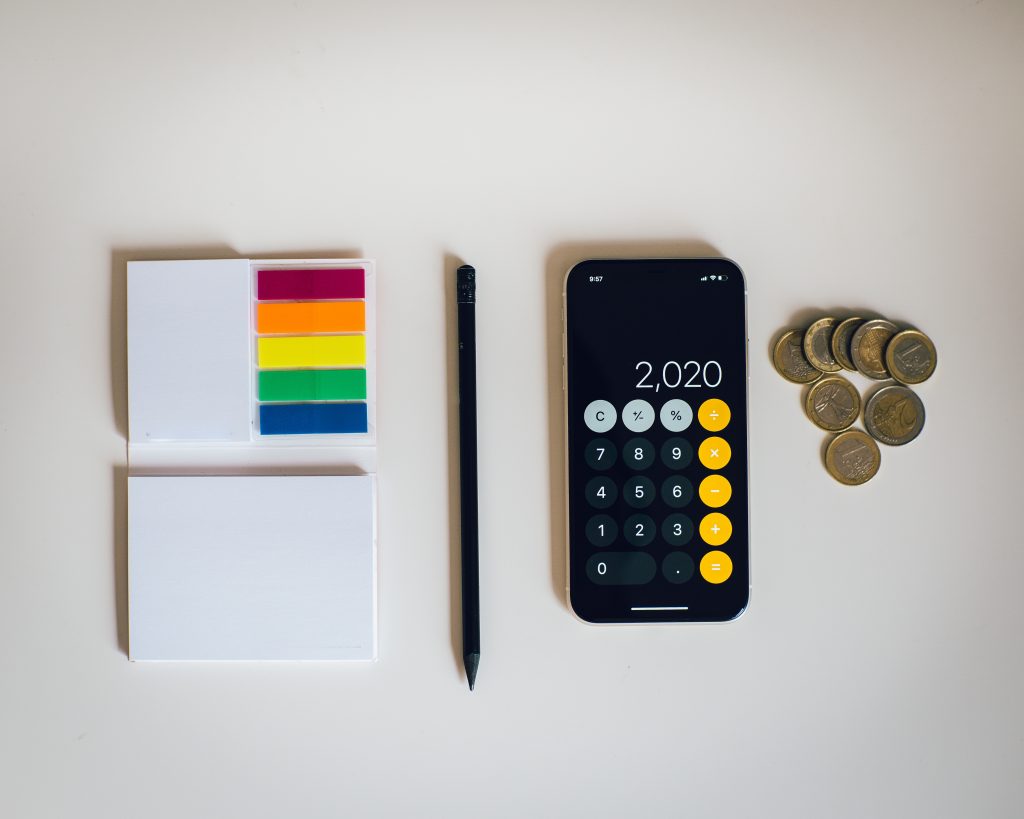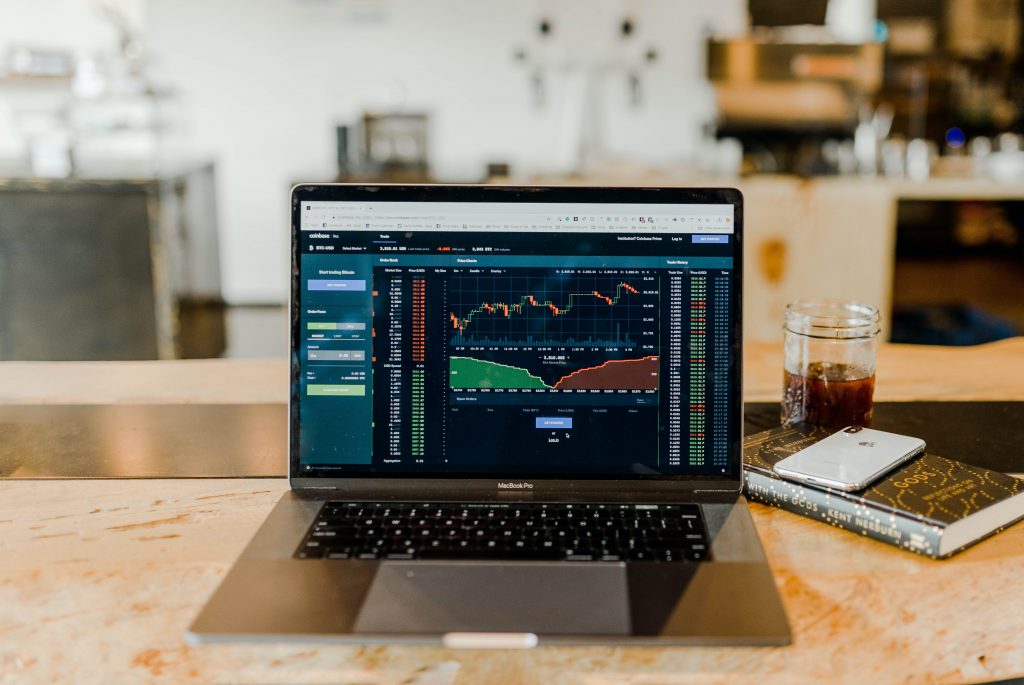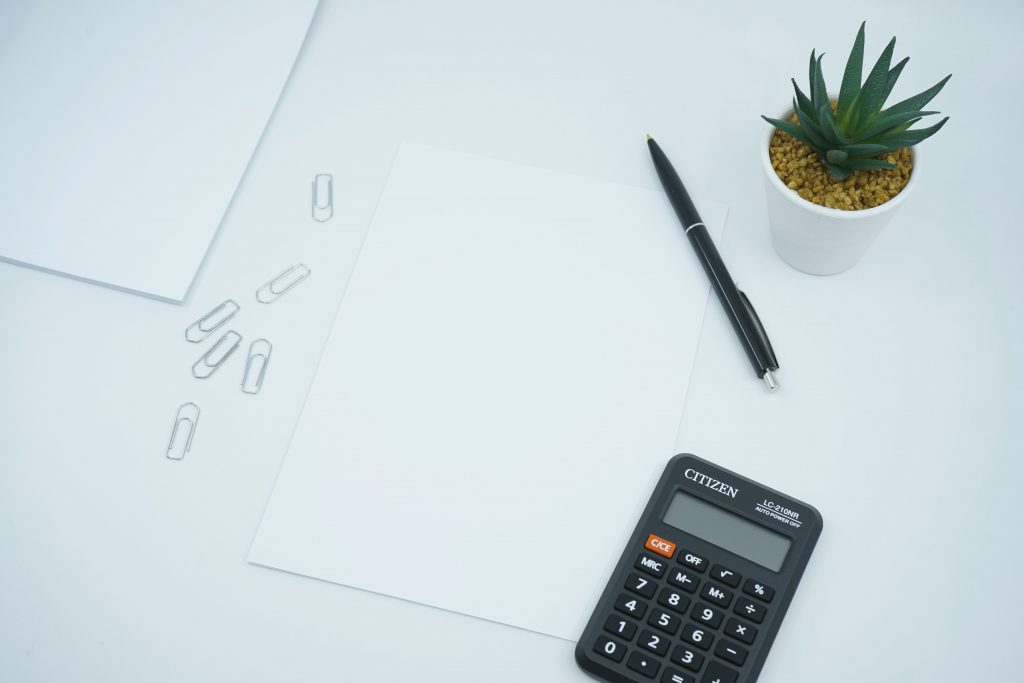Started your own business recently and your service is in high demand? Great news – this article is for you. Whether you’re looking for tips and tricks when it comes to doing your taxes this year, or what counts as a deductible for your business in your report – you can find it all below.
Tips:
Australian Business Number (ABN)
Havings an ABN as a freelancer is incredibly important as you can pay more tax without, and a client can withhold the full amount of a payment without any repercussions.
Tax and GST
If you earn over $75,000 per year, you can register for Goods and Services Tax (GST). Another reason to have an ABN, you cannot charge GST without having one.
Separate other expenses
Keeping any other expenses separate can help you organise exactly what you’re getting from freelancing – makes the tax time simple as well. Instead of sifting through all your personal cash as well as your freelance money, if you keep them separate it’s easier to see the bigger picture (especially when applying for loans etc.).
Receipts
One of the most important things to do is keep any and all work-related receipts to track all your deductibles. If used for your work as a freelancer, then you can (usually) claim it back.
Software
Look into getting an accounting software to help you stay on top of any expense, invoice or bill as it comes through. This can help you keep everything clean and easy to read at a glance. So you can spend more time earning your cheque than tracking them down.
Tax Deductibles:
Equipment
Depending on the type of freelance work you do, there may have been a cost associated with your equipment when you started. Whether that be a laptop, desktop, baking tools, camera or software for editing – most of the time these can be claimed as a deduction in your tax report. You can claim up to $1,000 on tools and equipment in your annual tax return. Anything more than this can be claimed as depreciation over X amount of years on the tools and equipment.
Within your equipment, you may have some safety items under your belt. These include gloves, aprons, coveralls, hard hats, sunglasses/sunscreen (for outdoor jobs) or non-slip shoes. There’s only one you – which means these can be on the freelancer tax deduction list (as is the cost of purchasing, cleaning and repairing work-related protective items).
Working from Home
Now that you’re self-employed it’s more likely that most, if not all, of your work, is done from your own home. From a tax point of view, this is good news, meaning you can claim some of the costs from your home office as a deductible. This type of expense is broken down into two different types – occupancy expenses (meaning all the work you do is done from home) or running expenses (only some of the work you do is from home). Having a dedicated home office is the only way to claim this as tax-deductible (so no shared offices or public spaces included).
Travel
Keeping a record of all work-related travel expenses is important for freelancers to do, as you’re more than likely out and about during your weekly work. It doesn’t matter whether you’re pitching or delivering, make note of any car use and parking costs. Under this umbrella includes car expenses on work-related trips, tolls, taxi fares, flights, parking and any accommodation/meals if you need to stay away for work.
Phone Service
Being a freelancer you need to have your phone on you at all times, so make sure to track how much your use it during your work months. Then jot down the percentage you used on your tax return (e.g. if you used your phone 60% of the time for your work, include the cost of 60% of the monthly phone plan on your tax return).
Superannuation
Since you don’t have a boss to do it for you, remember to pay into your superannuation fund when you get payments. These are deducted from your taxable income, so make sure you’re set for your future.
Personal Service Income (PSI)
Things like advertising & quoting fees, licenses/registration expenses, banking and insurance fees can all be included as an additional tax deduction for freelancers who earn PSI! This means if you make more than 50% of the income from your knowledge, expertise, or skills and labour then the ATO will define your freelance income as PSI.






